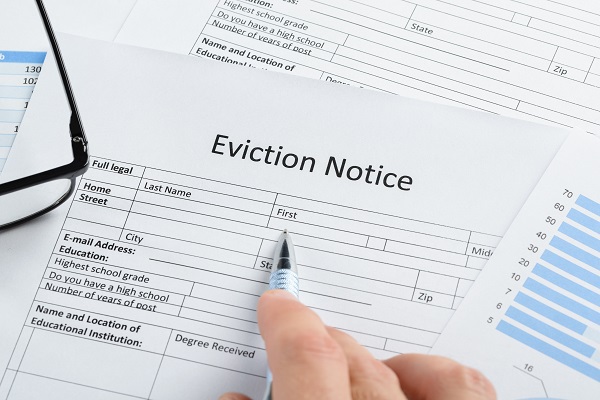
Whether you are dealing with commercial or residential properties, being a landlord has its challenges. It all begins with finding an investment property that is just right. You may have spent considerable time and expense getting it ready for tenants, dealing with subcontractors, getting the place up to code, and adding whatever would make the building attractive to tenants. For a commercial property, this depends on what area of town the property is in and what types of businesses you would like to see moving in to that spot.
Commercial leases are often trickier, which is why it is important to consult with a skilled business attorney as you are drawing one up. While it is a good idea to make sure that any residential tenant is properly screened, there is even more to consider when a business is moving in. In most cases, landlords expect such a relationship to be long-term, and especially when the property needs to be up-fitted for a specific business. It is crucial to run all the appropriate credit and background checks, as well as verifying that the business owner and any partners have a solid plan and the financial wherewithal to sustain the business and pay the rent you are asking. Along with making sure that they can handle any incremental increases in rent, the tenant should also be required to gain permission before making any other changes to the property, whether that be in construction, ownership of the business, or more.
Sometimes though, the relationship with a tenant can go seriously awry no matter how thoroughly you screened them beforehand. You may be forced to evict them if they have not been keeping up with the rent payments or have broken the lease in some other way. Seek expert advice from a legal professional like Attorney Shane Coons to discuss your options. In seeking to evict your tenant, a three-day notice will need to be drafted, explaining how they can either rectify the situation or move out. If back rent is owed, the exact amount required should be listed. If they take care of the issue within three days, you cannot continue with the eviction.
If the tenant is unable to meet the required terms, begin working with your attorney to take the next step in having them served with an eviction notice, or unlawful detainer. They have five days to respond, and if they do not, you will be able to take possession of the property—unless they have contested the notice and a court hearing will be required.
If you have questions about a legal issue regarding real estate, please call Shane Coons now at 949-333-0900 or email us at Shane.Coons@seclawoffices.com. We will be glad to meet with you to review your case and explain your legal options. Our office is here to help!
